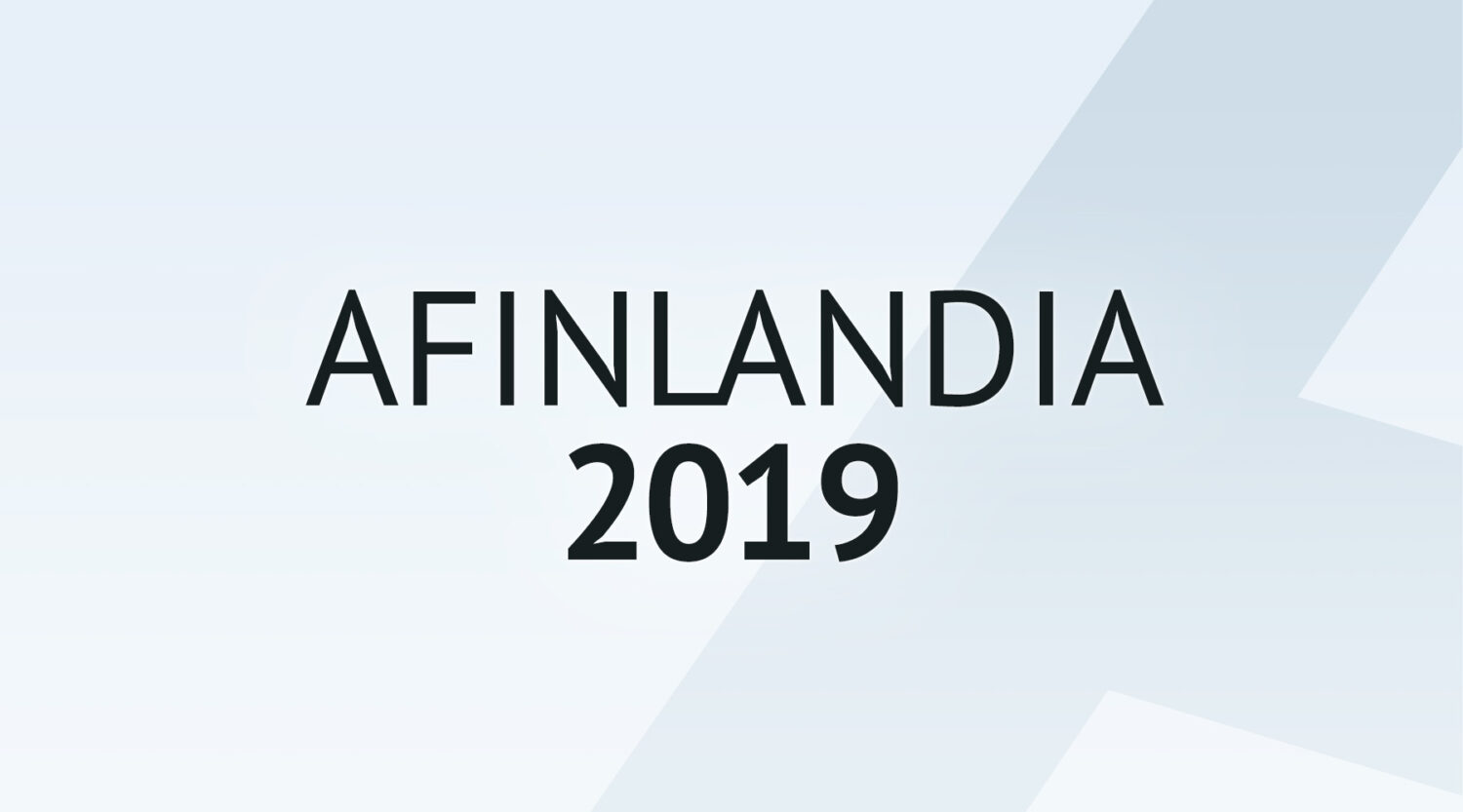This dissertation focuses on Finnish language learning opportunities in cleaning work, which is the most common job for immigrants in Finland. The study investigates what opportunities and constraints there are for Finnish language learning in cleaning work, how a work community supports language learning, and what factors facilitate or constrain investment in language learning at work. Language learning opportunities are explored from an ecological approach as affordances – the reciprocal relations between an individual and his/her social and physical environment. The study also explores the scaffolding provided by the work community and investment in second language learning. Nexus analysis based on the research traditions of critical discourse analysis, linguistic anthropology, and interactional sociolinguistics is applied as the methodological framework of the study. The data were generated ethnographically in two cleaning workplaces and they consist of interviews, observations, fieldnotes, photographs and audio- and video-recorded interaction situations. The findings of the four sub-studies are reported in four research articles. The findings show that Finnish language learning opportunities in cleaning work are limited because cleaning is routine-like and the structures of outsourced cleaning services restrict cleaners’ language use. The availability of affordances and their pedagogical value depend largely on the work community, which plays a crucial role in providing symbolic, verbal, and embodied scaffolding to workers who speak Finnish as a second language. This study did, however, identify a virtuous circle that enables second language learning: learning requires perceiving and utilising meaningful affordances, more affordances are opened up with the scaffolding provided by the work community, and learners’ positive positioning and meaningful career plans motivate them to invest in work-related language learning. On the other hand, because immigrants are often positioned in manual work in low-paid sectors, their opportunities to invest in developing professional language skills are limited. Providing meaningful education and career trajectories would support the goal-oriented language learning of immigrants.
Maiju Strömmer, University of Jyväskylä.

